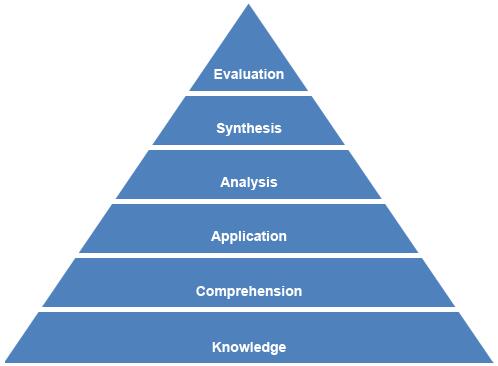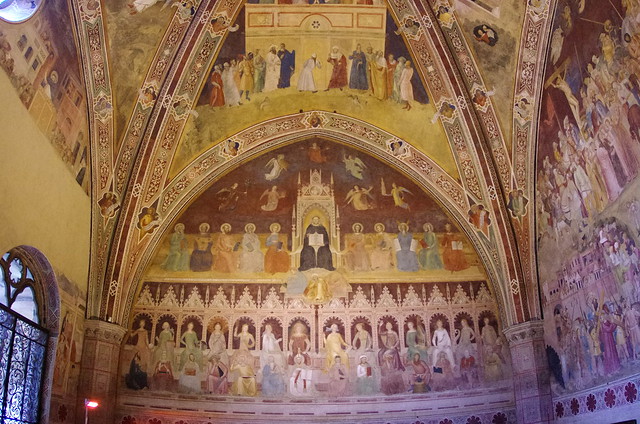Author: Jason Barney
-
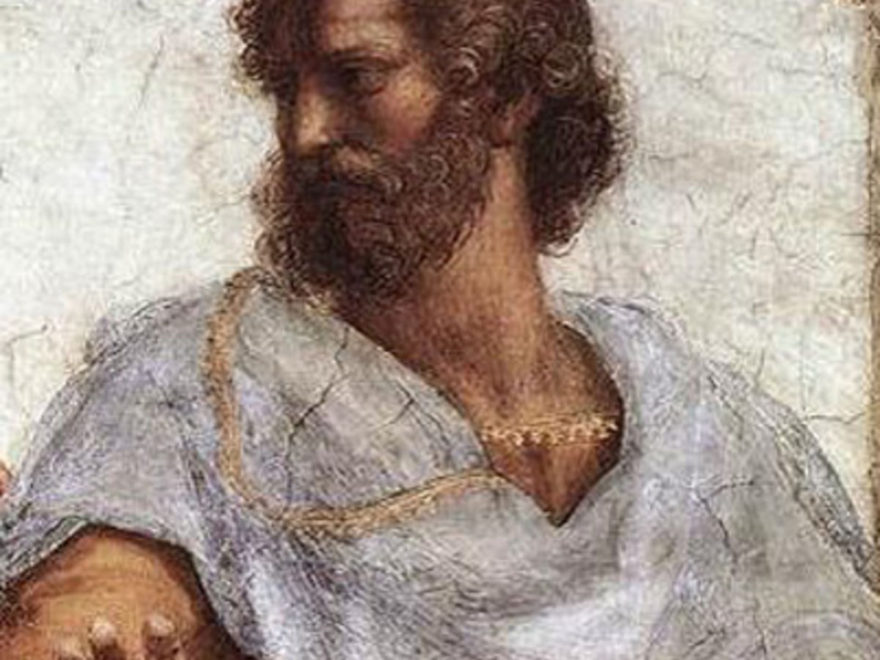
Aristotle’s Virtue Theory and a Christian Purpose of Education
Up till now in this series I have evaluated Bloom’s taxonomy and mostly used Aristotle’s intellectual virtues as a foil in my critique. And so while I have, to a certain extent, defined and described Aristotle’s five intellectual virtues, alongside offering an outline snapshot of a classical Christian educational paradigm based on them, my explanations…
-

What Bloom’s Left Out: A Comparison with Aristotle’s Intellectual Virtues
In the last three articles in this series, I laid out the good, the bad and the ugly of Bloom’s Taxonomy. After the last two posts it is perhaps worth reaffirming the value of Bloom’s project. While I ultimately believe that Bloom and his colleagues may have done more harm than good, I do affirm…
-

When Bloom’s Gets Ugly: Cutting the Heart out of Education
Bloom’s Taxonomy cuts out the heart of education by cultivating bloated heads and shrivelled chests and leaving out man as maker and doer.
-
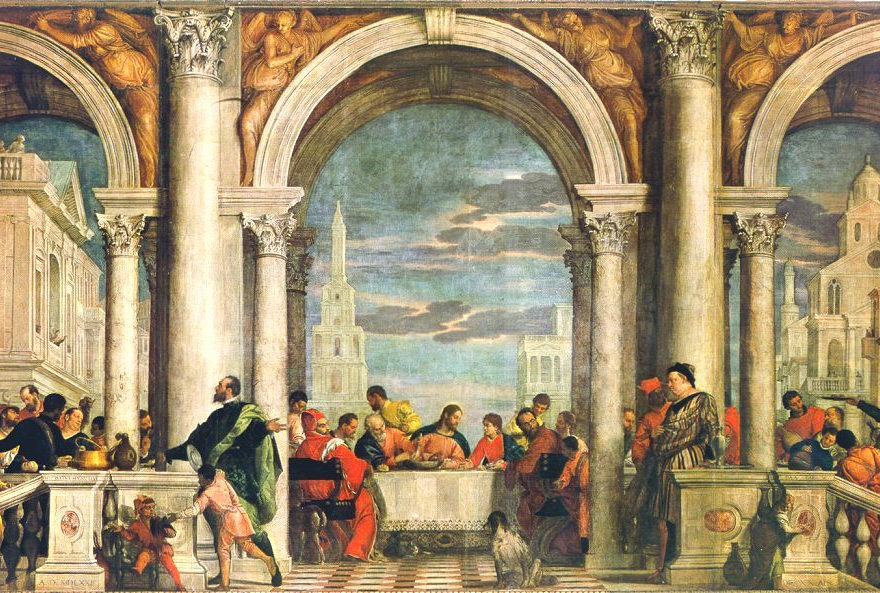
Why the History of Narration Matters, Part 3: Narration’s Rebirth
In my previous two articles I framed my discussion of the history of narration with the controversy between Charlotte Mason and classical Christian education advocates. I suggested that narration’s history may be a fact that puts to rest the false dichotomies of either side. While Charlotte Mason did claim discovery of certain principles related to…
-
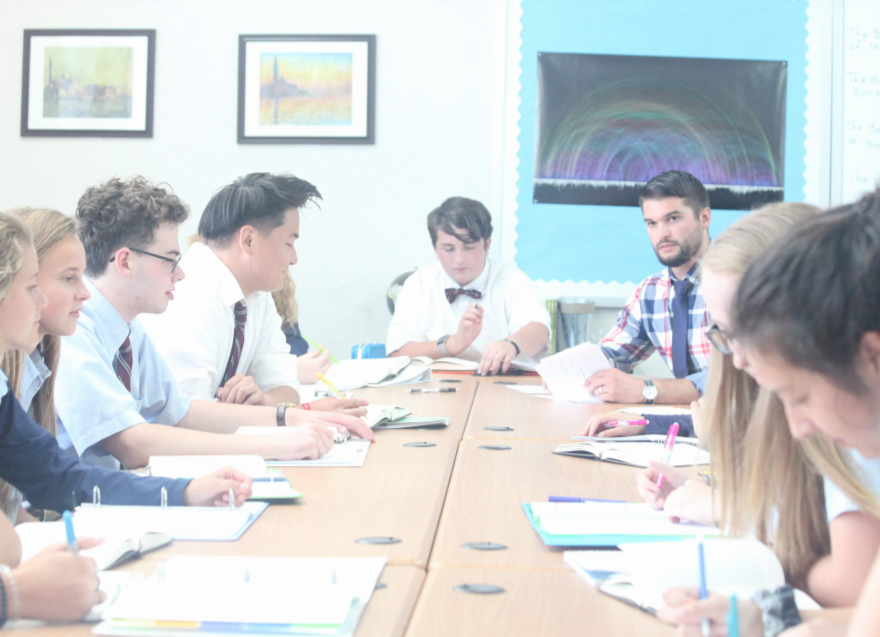
Enjoying the Bible as Literature: 5 Strategies for Engaging Students in Reading the Canon
Guest article by Heidi Dean of Christian Schools International (See Jason’s article on CSI “7 Steps to Narrating the Bible”!) In biblical studies we seek to cultivate the habits of reverence, humility, submission to the text, and other qualities of faithful scholarship. But I propose another goal should rise to the top: enjoyment. The enjoyment…
-
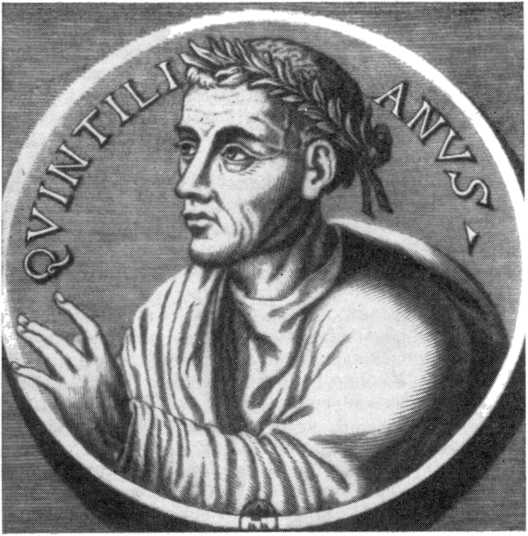
Why the History of Narration Matters, Part 2: Classical Roots
In my last article I shared the first piece of why the history of narration matters: it has the potential to break down the barrier between the Charlotte Mason community and classical educators. There are some notable exceptions who have tried to cross the aisle, but for the most part these two groups have kept…
-
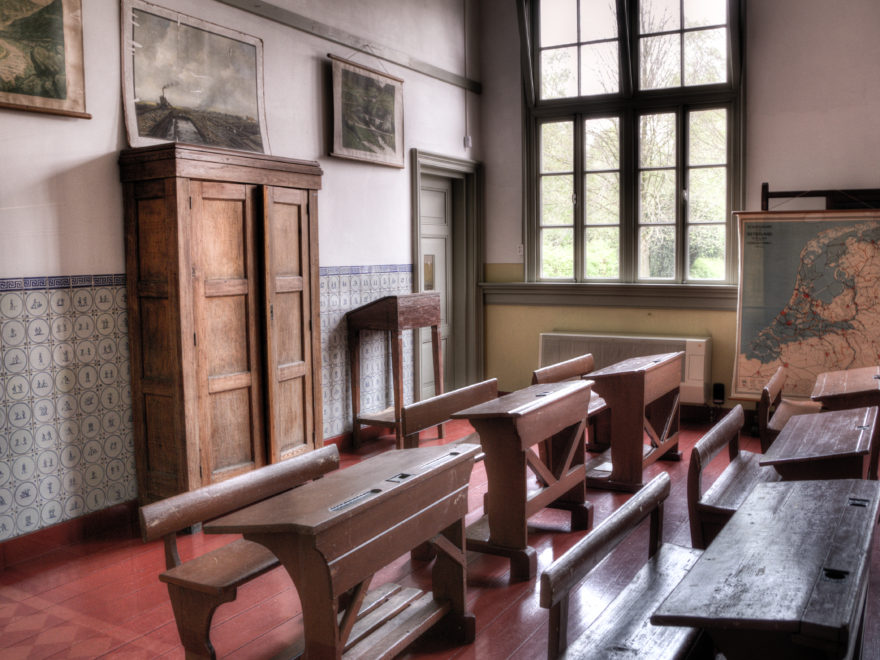
Why The History of Narration Matters, Part 1: Charlotte Mason’s Discovery?
I’ve decided to put the series on Bloom’s Taxonomy vs. Aristotle’s Intellectual Virtues on hold for a couple months after contracting with Classical Academic Press to film two courses in December for ClassicalU: one on narration and another on Charlotte Mason’s philosophy for classical educators. So I’m returning to the topic of narration and Charlotte…

